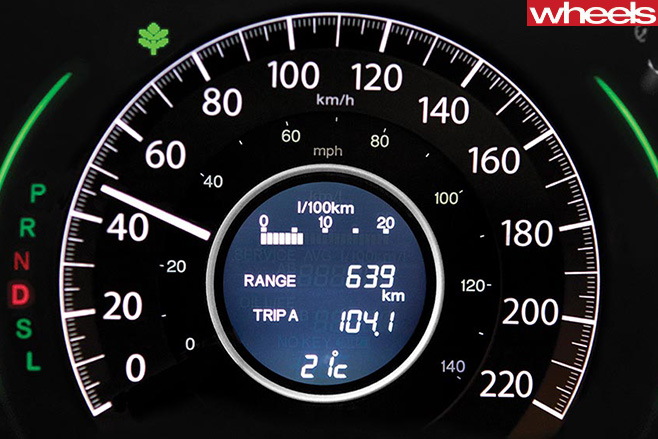Researchers at the University of Western Australia say they’ve proved what most drivers have always suspected – that strictly-enforced speed limits could have a detrimental impact on road safety.
The boffins used a driving simulator to test whether lowering speed enforcement thresholds would impact on a driver’s mental and visual abilities.
They got 84 young drivers to drive under conditions where they could be fined for travelling one, six, or 11 km/h over a 50 km/h speed limit.
As they drove they were given tasks to test their peripheral vision and mental and visual workloads and later filled out a questionnaire which asked how difficult or demanding they found the experience under the different speed enforcement conditions.
Not surprisingly stricter speed limit enforcement led to drivers rating the experience as more demanding and had a significant negative impact on their ability to detect objects outside their immediate line of sight.
“Similar effects have been shown for individuals who drive while talking on a phone or operating their car’s stereo,” says study co-author Dr Vanessa Bowden (pictured) from UWA’s School of Psychology, who added the findings are in line with past studies.

“In reality, the effects of strictly enforced speed limits could be even greater than in our study, with real-world drivers experiencing greater pressures to drive at or above the posted speed limit.”
These real-world pressures are compounded by the fact that drivers don’t generally know what the threshold above the speed limit is before they can be pinged. In Western Australia where the study was undertaken police said there is a small leeway above the speed limit but won’t divulge what it is.
Not so mysterious are the fines for being slightly over the limit, which can cost drivers anywhere from $80 to $257 and up to four demerit points, depending which state you’re in.
The ongoing study is supported by the Neurotrauma Research Program at the Harry Perkins Institute of Medical Research, which specialises in understanding and modifying driving attitudes and behaviours to prevent road trauma.
Low-level speeding fines by state
ACT: ≤15km/h over limit – $257 and 1 demerit point
NSW: ≤10km/h – $110 and 1 demerit point (4 points for L/P-platers)
NT: ≤15km/h – $150 and 1 demerit point
QLD: ≤13km/h – $162 and 1 demerit point
SA: ≤10km/h – $159 and 2 demerit points
TAS: ≤10km/h – $80 and 2 demerit points
VIC: ≤10km/h – $194 and 1 demerit point
WA: ≤9km/h – $100 and 0 demerit points






